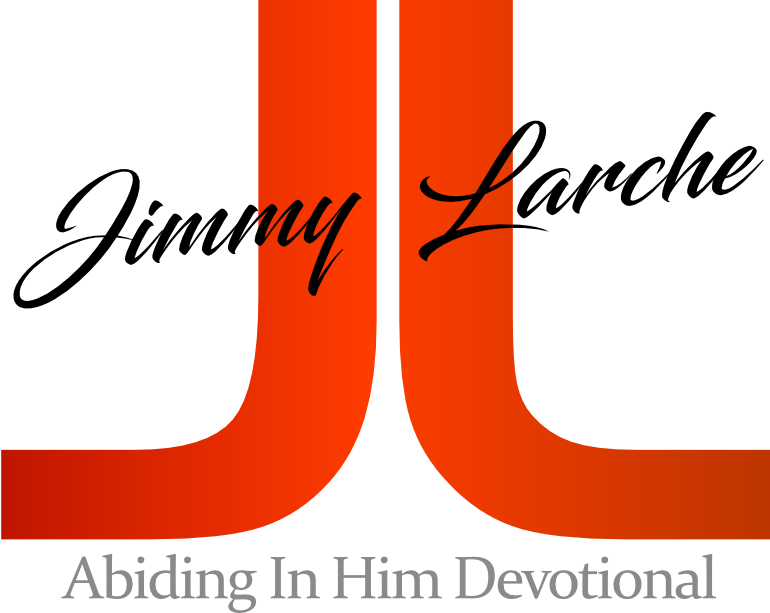Advent Reading Week 2: LOVE
Text: Matthew 2:1-12
“Where is he who has been born king of the Jews? For we saw his star when it rose and have come to worship him.” —Matthew 2:2
Have you ever found yourself guilty of judging who is worthy or unworthy of God’s love? I sure have been rebuked for this many a time. God can save even the most unlikely and unlovable of candidates, and He doesn’t need our permission to do so.
In this second week of Advent, we look at these learned men form the Eastern nations, the “magi,” or in some translations, “the wise men from the east,” who came to Jerusalem at the time of Jesus’ birth, saying, “Where is he who has been born king of the Jews? For we saw his star when it rose and have come to worship him.”
According to classical writers, the term “magi” referred either to those who practiced magical arts or Eastern priest-sages usually associated with Persia and Babylon. The term has a historically broader application for people whose practices include astrology, philosophy, dream interpretation, study of sacred writings, medicine, and natural sciences. These men were supernaturally guided to Jerusalem to worship the One born “King of the Jews.”
“We read of no greater faith than this in the whole volume of the Bible,” notes J. C. Ryle. “The wise men saw a new-born babe on the lap of a poor woman, and yet [they fell down and] worshiped Him and confessed that He was Christ. Blessed indeed are those that can believe in this fashion!”
It is not always those who have the most religious privileges who give Christ the honor and glory of which he is most worthy. The magi believed in Him while the scribes and Pharisees were unbelieving. I have oftentimes witnessed former “hellions,” (who had very little religious upbringing) go all in for Jesus more than those privileged to grow up in the teachings of Christianity. These magi may have been born in dark places of the earth, yet they became “wise unto salvation.”
In all their mystery, the story of Christmas wouldn’t be complete without the magi. They were likely ethnic outcasts, strangers to God’s “chosen people,” the Jews. Yet their wisdom exceeded that of the rabbis of the time. They sought for Jesus diligently and in reverent worship, and they brought him their costly “treasures.” They offered Jesus the best “gifts” they had—gold, frankincense, and myrrh. They remind us that God’s grace goes out to all people regardless of racial, ethnic, or religious backgrounds, and that He is worthy of our best worship in return.
Additionally, the fact that various kings in the ancient world frequently consulted magi because of their skill in interpreting omens, signs, and the stars, illustrates that God’s love is not just for the poor and lonely (shepherds), but also for the wealthy, the well-educated, and the dignitaries who rub shoulders with the rich and powerful. It’s not just the materially poor who need Jesus, it’s the elite as well. As I often say in our cross-cultural missions training, there is no greater poverty in the world than gospel-destitution—regardless of first world or third world dilemmas. Spiritual poverty doesn’t have material prejudices. Sin makes us all equally bankrupt before a holy God.
But herein is the Good News: God loves us despite our sin. “For God so loved the world that he gave his one and only Son, that whoever believes in him shall not perish but have eternal life” (John 3:16). Whether you find yourself at the top of the social ladder or at the bottom, or somewhere in-between, God loves you and sent His Son, the Lord Jesus Christ, to be your Savior. How are you responding to His unconditional love?
PRAYER
Heavenly Father, as we spend time remembering the Christmas story this Advent, may we not miss the beauty of your boundless love that has no prejudices or class-preference. You love the whole world, rich and poor, and everyone in between. May we not put restrictions on your love. As we have been loved unconditionally, may we love others the same.
Advent Reading: Week 2
12/4 Sunday – John 1:1-14
12/5 Monday – Luke 18:1-8
12/6 Tuesday – Isaiah 61:8-11
12/7 Wednesday – Matthew 14:22-33
12/8 Thursday – 1 Corinthians 1:26-29
12/9 Friday – Ecclesiastes 5:13-20
12/10 Saturday – Luke 1:26-40; 2:1-20
